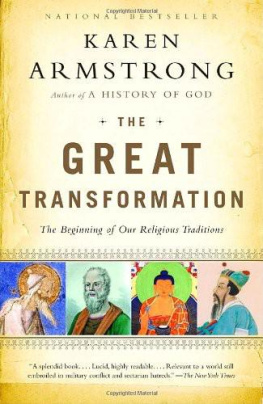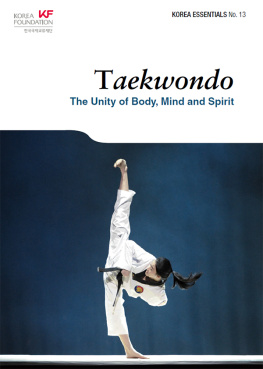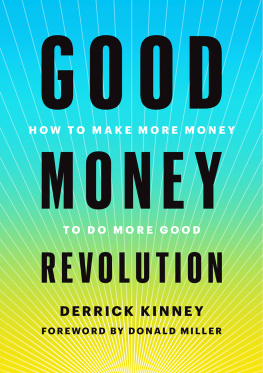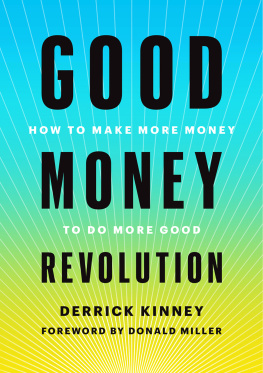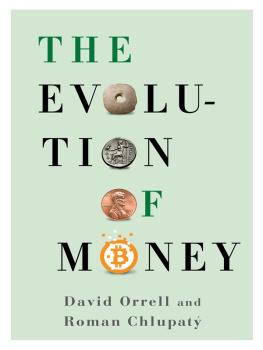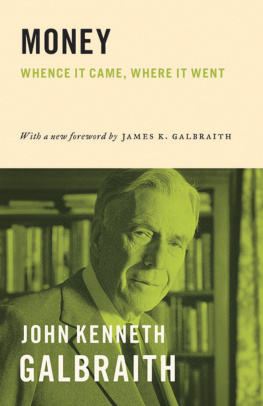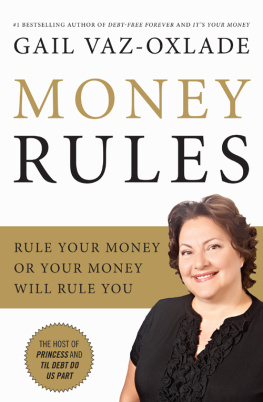
I. Introduction
This book is about worries. Its not about money troubles. Theres a crucial difference.
Troubles are urgent. They ask for direct action. I dont see how I can meet my car-insurance bill. I never pay down my credit-card debt: it is like a millstone round my neck. I really wish I could send my fourteen-year-old to a private school because he is floundering where he is. But I cannot afford it.
Money troubles like these can be met in only two ways. Either you gain access to more money by adjusting debts, earning more or cutting costs. Or you go without something else.
By contrast, worries often say more about the worrier than about the world.
Worries are about what is going on in your head, not just what is going on in your bank account. They range freely over time: I worry that I made a terrible financial decision fifteen years ago. I worry that my children, when they are adults, will not have enough money. Worries are connected to imagination and the emotions, not just to what is happening here and now.
So, addressing money worries should be quite different from dealing with money troubles. To address our worries we have to give attention to the pattern of thinking (ideology) and to the scheme of values (culture) as these are played out in our own individual, private existences.
Typically, advice about money addresses the question: how can I get more money? The advice consists of suggestions and instructions for increasing ones wealth: develop a property portfolio; get a better paying job; marry someone rich. It assumes that we already know how much we need (More! more!) and why (Are you crazy?). Yet the question how can I get more money? should, ideally, be asked only after enquiry into how much money I need and what I need it for.
Alternatively, money advice asks: how can I get by with less? There are many money-saving ideas: cut up your credit card; force yourself to record all expenditure; turn the heating down and wear an extra jumper at home; collect special-discount coupons. These could be very useful strategies, obviously. It assumes that you have already set the right goals and just want to get there with less expense. But they dont address the underlying question: what do I properly need money for? Or to put it another way: whats the link between money and the good life?
In other words, our culture of advice is attuned to money troubles, rather than money worries. This is a problem because the theme of money is so deep and pervasive in our lives. Ones relationship with money is lifelong, it colours ones sense of identity, it shapes ones attitude to other people, it connects and splits generations; money is the arena in which greed and generosity are played out, in which wisdom is exercised and folly committed. Freedom, desire, power, status, work, possession: these huge ideas that rule life are enacted, almost always, in and around money.
In the philosophy of teaching, a big distinction is made between training and education. Training teaches a person how to carry out a specific task more efficiently and reliably. Education, on the other hand, opens and enriches the persons mind. To train a person, you need know nothing about who they really are, or what they love, or why. Education reaches out to embrace the whole person. Historically, we have treated money as a matter for training, rather than education in its wider and more dignified sense.
How one relates to money is framed, ultimately, by ones most extensive and least explicit ideas ideas about the human condition, the meaning of life, the universe and everything. And this means that ones relationship with money can be helped or hindered by apparently quite distant thoughts.
For instance, Karl Marx argued that money is part of a system that is profoundly unjust. It damages both those who succeed and those who have an obviously hard time. Escape might be possible but only by rejecting the system as a whole, by stepping off the conveyor belt, by revolution. Money, framed this way, feels like an alien imposition on the world.
The free-market advocates of the Chicago School, on the other hand, argued that money is essentially a neutral medium, through which people interact rationally in order to maximize their own utility. Framed this way, money is harmless. Any failings that may seem to be due to money are in fact the product of failures of rationality. A persons economic life is a free creation.
These are big intellectual constructs and surely few people go around with such precise and elaborate models of money in their heads. But we do go around with some sort of model more vague, more poetic, more humdrum, as it may be. We bring a vision of life and the world to our interaction with money. The point isnt to immediately agree or disagree with Marx or the free-market theorists. Rather, their viewpoints can be prompts to a more personal task: what, really, is my (or your) equivalent theory of money? And this question points to a major ambition of this book: to help us come to our own big views about money and its role in life.
II. Thinking about Money
1. What are Money Worries Really About?
Worries about money tend to fall into four big groups:
1. Without it my life is going to have lots of pains and hassles. Ill be humiliated because I do not have enough money to protect myself. I will have low status.
2. Money will force me to spend a lot of my life just making enough to get by. This is not a complete waste; its just that there will be a lot less fulfilment, self-realization and worthwhile endeavour than Id like. Ill pass a lot of my life thinking about debt payments and credit cards rather than dealing with ultimately more important matters. Whats more, money is extremely unreliable. Ill save, and then it will all disappear away because of some gyration of the market.
3. Ill miss out on the good things that I long for. Ill never live in a lovely house, drive an elegant car, go on a fabulous holiday, feel the snug warmth and ease that I assume derives from deep financial security. And this makes me angry with myself and with the world. I worry that I will fail in life and this will be connected to my inability to deal better with money.
4. Money is like a virus. For the sake of money people do terrible things. Money seems to operate with a logic that is indifferent to merit or suffering or justice. There is a kind of fate that, for no good reason, determines that this person will scrape and beg while that person will gaze at statements from stockbrokers filled with huge numbers. The system feels too big there is nothing I, or anyone, can do about it.
If we are to do something about our worries we need to understand them before trying to immediately respond to them. Where do our worries come from? What lies behind them? What are we really worried about? We make progress in our lives when we turn anxieties into specific questions. Providing, that is, we turn them into the right questions.
Money worries occur because we cannot give accurate enough answers to the underlying questions:
1. What do I need money for? That is, what is important to me?
2. How much money do I need to do that?
3. What is the best way for me to get that money?
4. What are my economic responsibilities to other people?
These questions engage directly with the worries with which we started. The questions are serious but they have real answers.
Our natural tendency is to spin from one worry to another; we change topic, as it were, but do not really get anywhere:
Next page


